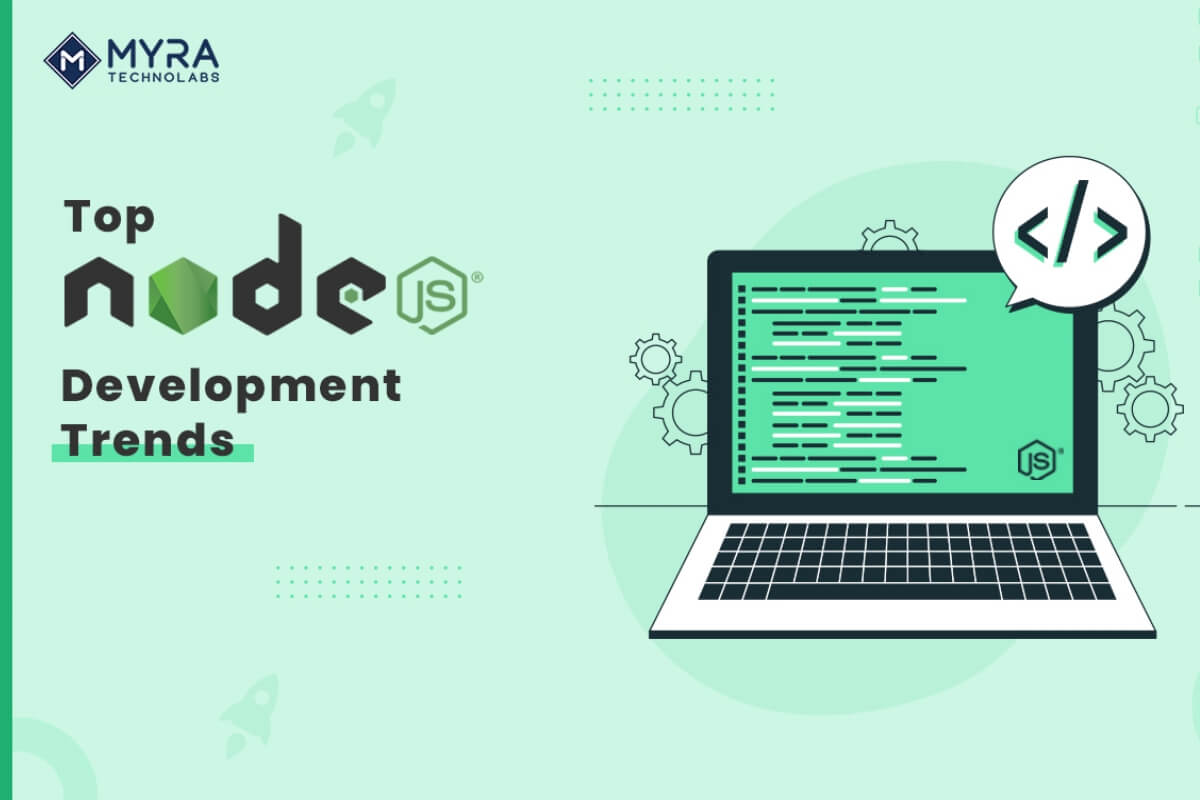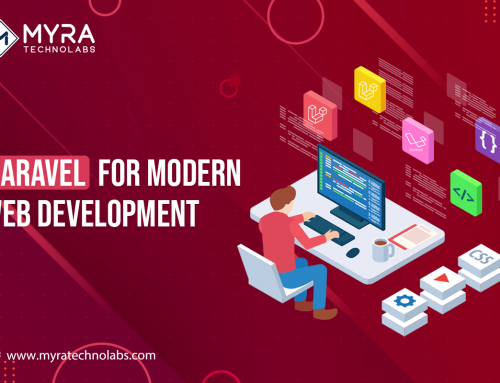Node.js is loved by developers and businesses equally well because of the ease it provides in developing lightweight web applications. Popular brands in the industry like Forbes, BBC, and Twitter make use of Node.js. Node.js is a growing technology and in the year 2023, we will see more brands and businesses adopting it for their growth. Let’s discuss the top node.js development trends which will be helping your business to grow.
Top Node.js development trends
Some of the top trends in Node.js development that we will witness in 2023 are:
-
Its Frameworks
There are many Node.js frameworks that will be used for Node.js development services in 2023 to a greater extent. They are:
-
-
Express.js
-
It will be majorly used for its capabilities in web API development and the support that it offers for many plugins. When it comes to developing mobile and web apps, this is the perfect solution.
-
-
KOA
-
It is popular for API development and optimized web development. It is good in terms of minimizing callbacks and handling errors. Some of the highlights of this framework are middleware-free architecture, server-oriented functionalities, and clean methods.
-
-
Meteor
-
It can help you carry out web or mobile app development effectively being a full-stack NodeJS solution. This means any Node.js development company can use it to build apps with less code within less amount of time. Moreover, here codes are reusable and you can easily integrate them with common frameworks.
-
-
Nest.js
-
It helps developers build applications that are highly scalable and performing. It reduces downtime while being compatible with Node.js servers and JavaScript.
-
Serverless Architecture
Node.js architecture is attentive to the requirement of carrying out maintenance for hardware and servers from the point of performance. Apart from reducing the time needed in project planning, Node.js brings down the cost incurred in developing projects.
It is a serverless architecture and this means that issues related to the hardware get nullified here. Some other benefits that come from serverless architecture are the reusability of codes, increased flexibility, high-quality codes, and a decrease in the cost of projects.
-
Node.js Microservices
Code maintainability gets improving with microservices. Large-scale businesses and enterprises use the microservices approach and it is an alternative solution to a serverless architecture.
Here different development teams will work on different modules of a single project. Finally, all these modules will be integrated to form the final product. So, in case you are planning to hire a Node.js development company, just make sure they are well aware of microservices.
Microservice helps you have better scalability for the project while speeding up the development due to its decoupled nature. This means if a part of the project is not working well or needs to be worked on, then that particular module only should be worked on. Moreover, if your Node.js project needs to communicate with any cross-technology then that becomes possible with microservices.
Also, read the blog on Everything You Need To Know About Node.js!
-
Use in IoT Development
Generally, IoT is used to develop systems that are distributed globally. Node.js is a good solution to build IoT applications as it offers you real-time capabilities, microservice implementation, and an approach that is data-centric.
Node.js takes care of the large number of requests that an IoT solution faces without causing any kind of issues or bottlenecks. This way transactions become faster and data transition becomes smoother.
-
Implementation in Real-time App Interactions
Node.js language is the best solution to develop real-time applications as it provides bi-directional communication to web solutions. Node.js comes with Socket.io which improves the capability of real-time interactions. Now, this comes in two parts. The first one client-side library. It runs on the browser and users can perform actions here. The second one is a server-side library. It is responsible for communications to take place.
-
Use in Cloud-based Solutions
We can use Node.js to build applications for enterprises or simple desktop apps. Some of the reasons that support Node.js development services are:
- Lightweight code
- High-performance
- Amazing I/O capabilities
- Faster development
Future of Node.js
When it comes to building real-time applications Node.js is the right choice as it is capable of handling large volumes of data exchange. It is simple and versatile and enjoys the support of many web browsers of modern-day. Node.js makes use of a single code base to build scalable applications whether client-side or server-side.
It simplifies database workflows and can be used in place of traditional Object Relational Mapping. It is capable of matching the needs of clients by building solutions with the required features.
Conclusion
The future of Node.js is bright with the increasing number of features that the technology is including. Right from high performance to handling real-time communication, and the capability to process larger data transactions to asynchronous requests, Node.js comes with amazing benefits to look forward to.
So, if you are planning to develop an app, better go for a Node.js development company rather than anything else. This will help you get your app build quickly, saving you lots of time and money.




